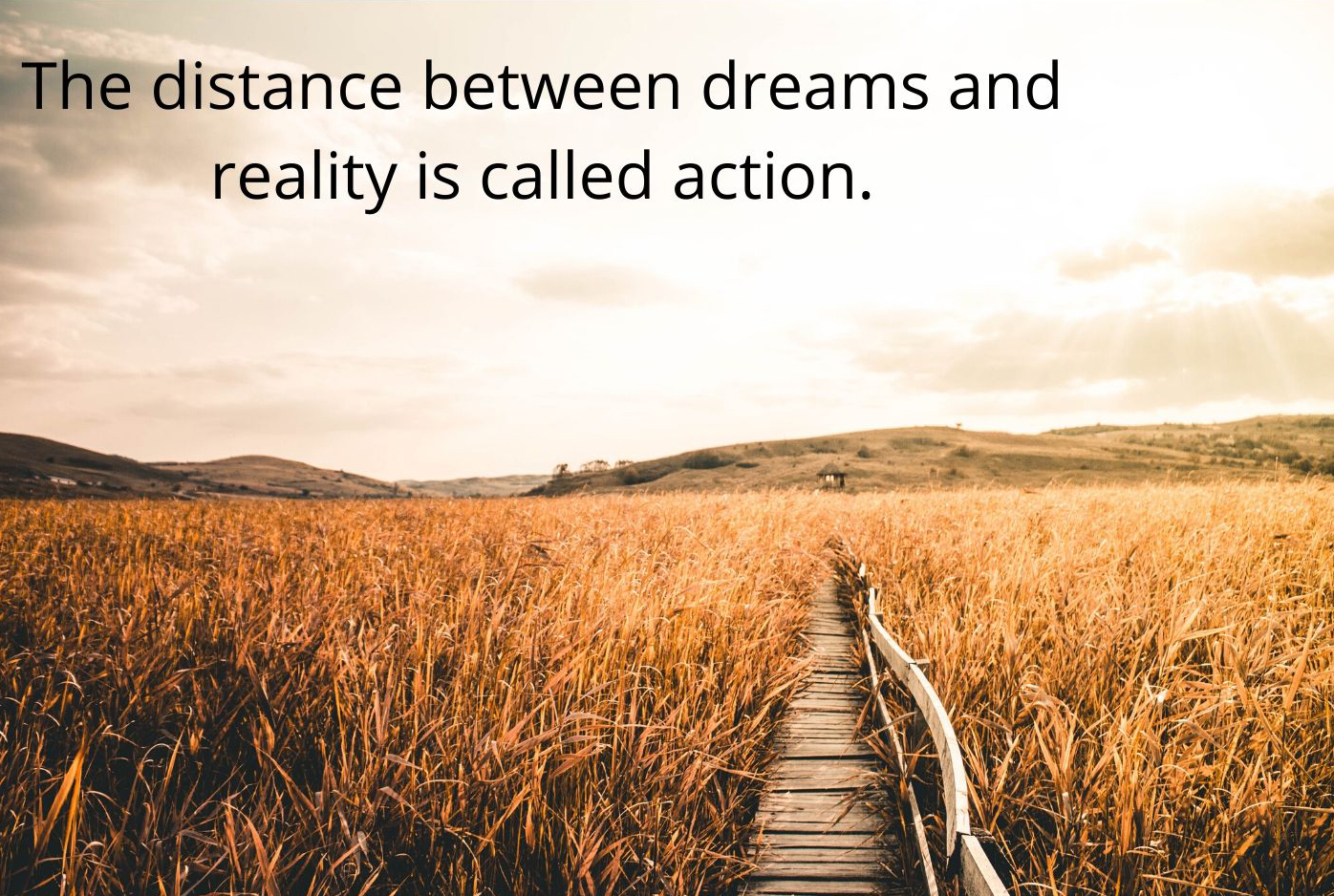
Iron rusts from disuse, water loses its purity from stagnation . . . even so does inaction sap the vigor of the mind.” ~Leonardo da Vinci
Intention is the first step, attention is the second step, and action is the third step to making a dream come true. But intention and attention are useless unless they are followed by ACTION. As Mary Morrissey says in her DreamBuilder Program, “Inspiration without acti
on is merely entertainment.” The first 2 steps are very important, but thoughts that stay inside and are not acted upon don’t have much to offer, other than amusement.
You’ve probably had the experience of coming up with a great idea and maybe even spent time figuring out how that idea could become a reality, but you if you never acted on the idea, it would gradually fade away. You might feel disappointed, but maybe not disappointed enough to do anything about it.
It is said that a person can climb Mt. Everest one step at a time. The same is true of reaching for any goal or vision. So, how do you get started? Why, baby steps, of course! When babies are learning to walk, they just keep trying. Repetitive action will result ultimately in accomplishment and success.
When we take actions repetitively, we create new habits. We create momentum. But to keep going, we need to adapt, too, and not give up if we get a result that is not to our liking. Jeffrey James wrote an article in Featured, Mindset, Productivity, in which he draws an analogy about the momentum feedback loop.
When you’re driving on the freeway, you’re making progress. Suddenly, things slow down and you have to temporarily come to a stop. Things crawl forward, you hit the gas a little bit, you move forward. You’re always moving a little bit. And obviously it’s preferred to move faster in most cases, but what would happen if you were to pull off to the side of the road and say “this is stupid, it’s not working… I’m done with this.” Would you ever get there? No, of course not. But if you stay on the freeway, and put up with the slow traffic, and inch forward bit by bit – you will eventually get to your destination.
And what happens sometimes is: you’re sitting in traffic, and then suddenly there’s a speedup for no reason. You don’t even see an accident or anything, but you get to surge forward. This happens in life as well. The more you keep pressing on, and chipping away at your goal, suddenly you’ll get huge bursts of progress. And of course you might hit another slowdown. But the point is: never stop. Never give up and pull to the side of the road and say “this isn’t working.” There’s nothing wrong with changing lanes, but you should always keep pressing forward.”
Many people don’t take action because they are afraid of the consequences. To get started in spite of that, simply take the first few tentative steps, make mistakes, listen to feedback, correct your mistakes, and keep moving forward towards the goal.
Whether you take action or not, time will keep on advancing, and time is limited!
Taking action is the one thing that separates winners from losers. Jack Canfield, author of Chicken Soup for the Soul, recommends following “The Rule of 5”. He explains that if we do five things every day to move ourselves closer to our goal, then we will succeed. Success is inevitable. Time is the only variable.
If you know anyone who can benefit from this information, please share it with them!
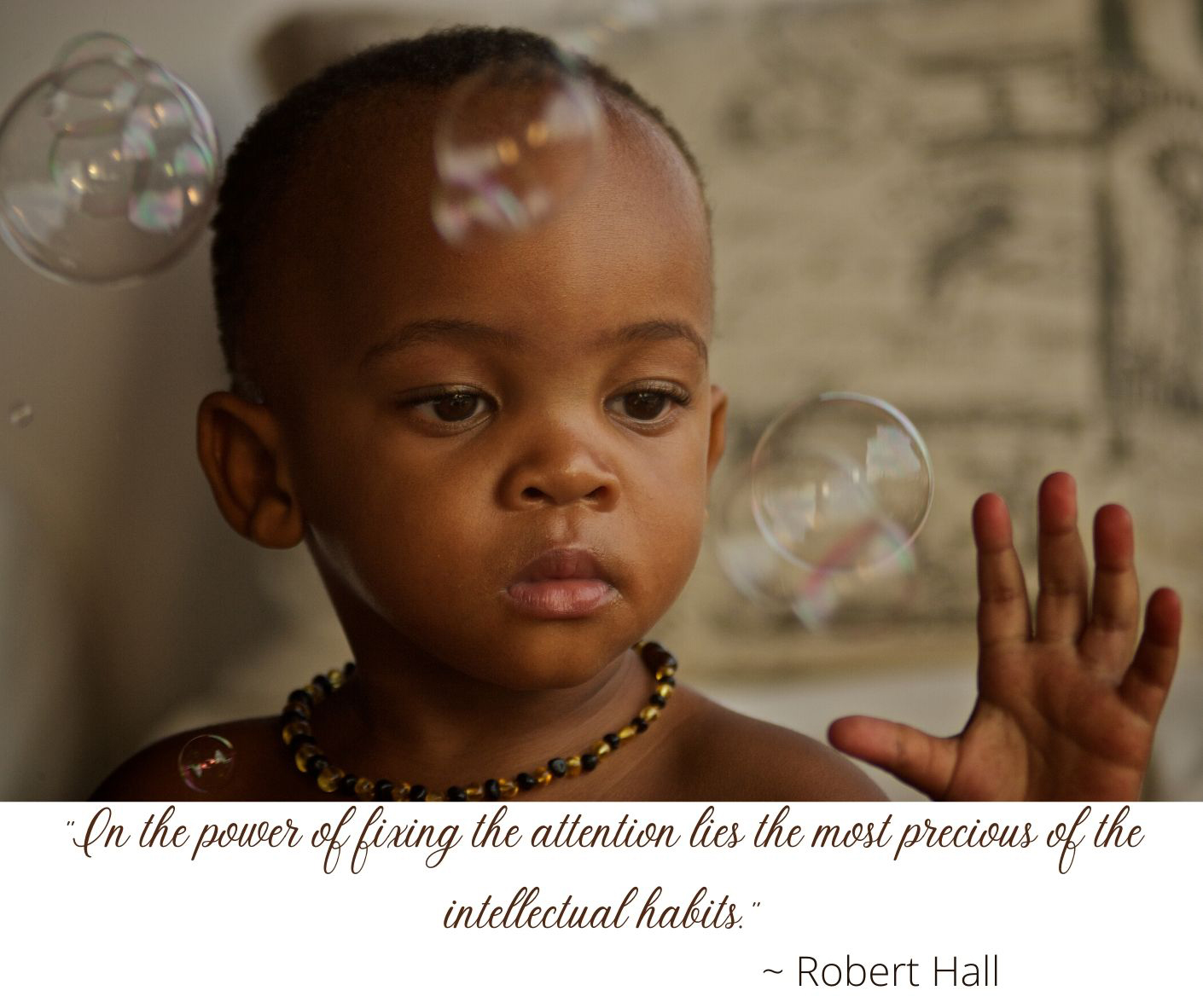



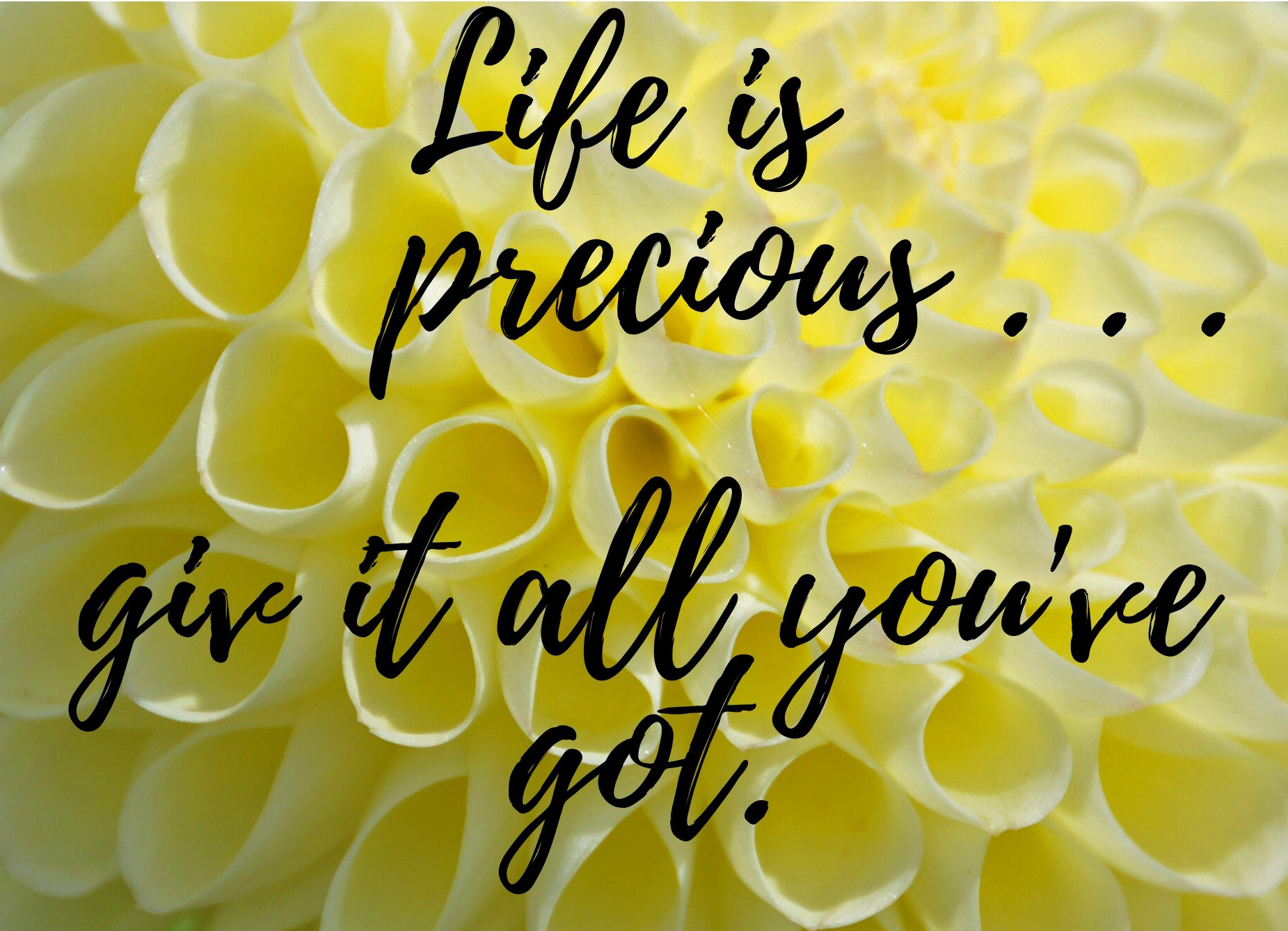



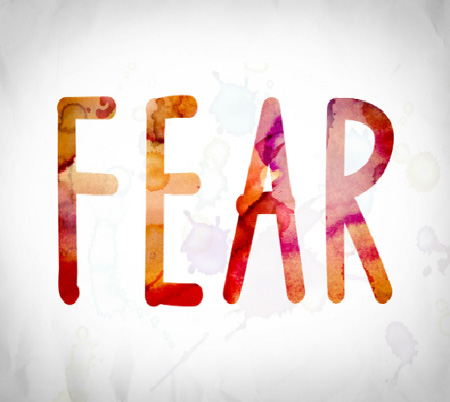




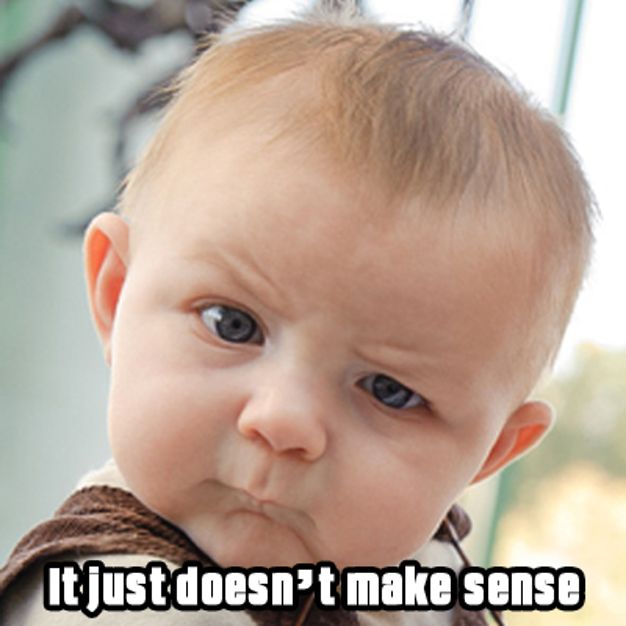
 What we tell ourselves about our experiences – right or wrong, good or bad – influences our ability to use those experiences to best serve us. While it is difficult and not easy to do so, we need to explore deeply. We can only do that by abandoning the story we have been telling ourselves up until now and begin a new dialogue about the experience.
What we tell ourselves about our experiences – right or wrong, good or bad – influences our ability to use those experiences to best serve us. While it is difficult and not easy to do so, we need to explore deeply. We can only do that by abandoning the story we have been telling ourselves up until now and begin a new dialogue about the experience. 

